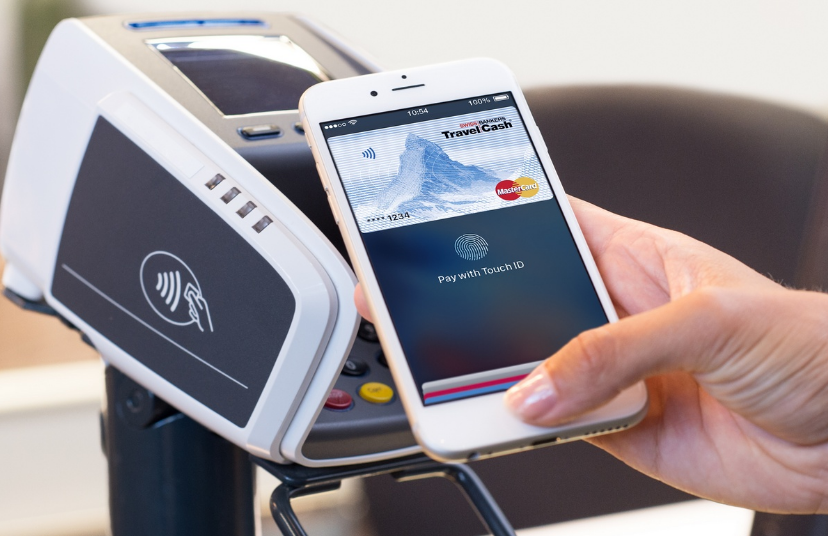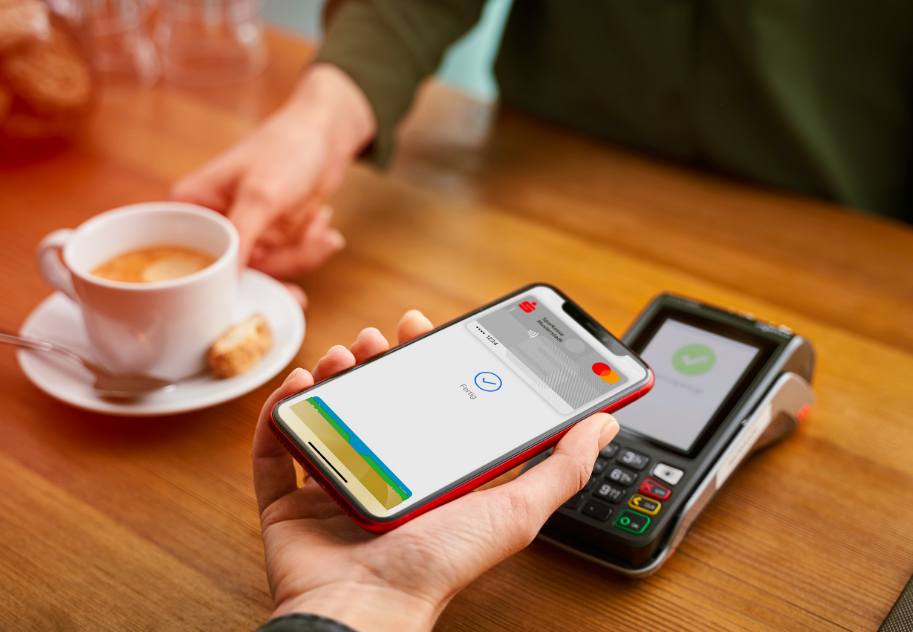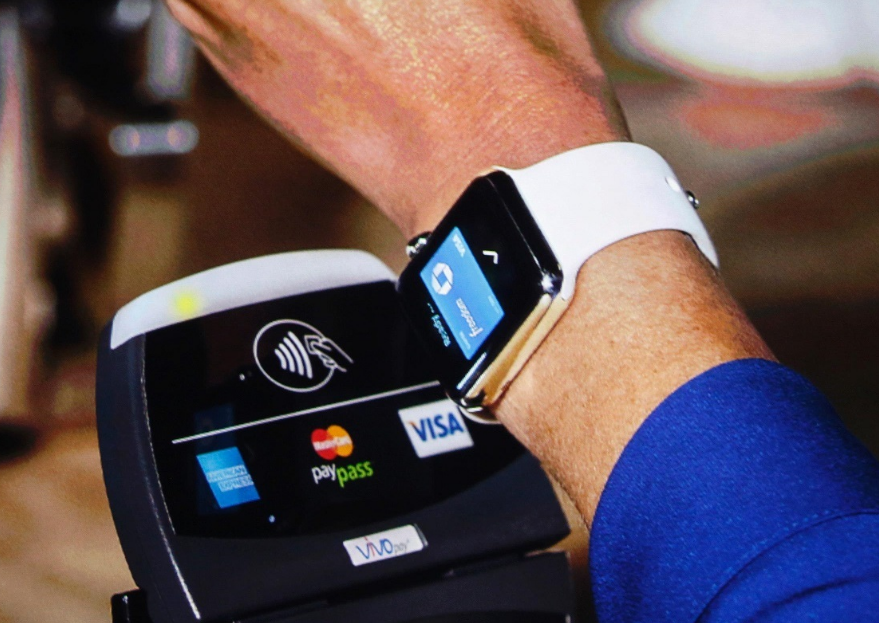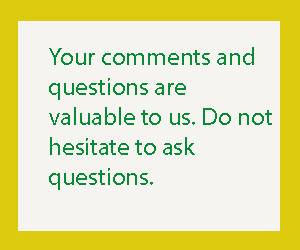When it comes to the security of Apple Pay, you might ask yourself whether or not you can trust it. This is because hackers can use the NFC chip in your phone to steal your information and even make contactless transactions without your knowledge. While the company has a few layers of security in place to prevent this, there is still a possibility that hackers could re-use the encrypted data of a transaction. To keep your Apple Pay account secure, make sure to blindfold your iPhone when it is in your pocket.
Wi-fi hotspots may be used to intercept and reuse encrypted transaction data
A Wi-Fi hotspot is a network of wireless devices that can be used for Internet access. Many businesses and organizations provide free or paid hotspots.
However, you should be wary of unsecured hotspots. These networks can allow unauthorized computer and file sharing, which could compromise your security.
In addition, some rogue hotspots may even provide malware to your devices. To protect yourself against this threat, you should take steps to harden your home wifi router. You can do this by disabling services that are not used, restricting inbound traffic, or by changing SSIDs on older devices.
When using a public wifi, it is important to check the name of the network and the security settings. Sometimes you will find that two access points have the same name.
This can mean that the network is not encrypted and it is therefore easy for an attacker to eavesdrop on your communications. Additionally, you should also ensure that the network is password protected.

Apple blindfolding prevents even the most clever hacker from gaining control of a user’s account
Apple is pushing users to update their devices and software to protect themselves from hacking and other security threats. After all, if you are in the public eye, you could be targeted by nation states.
For instance, hackers may be able to use an iPhone’s camera and microphone to surreptitiously capture your movements. They may also be able to snoop on your text messages and browse your contacts.
Fortunately, Apple’s new features will help protect you from these attacks. The company recently announced three new initiatives that will make your data more secure. One of them, Advanced Data Protection, will make your data less visible online. Another, Security Keys, requires a password and physical hardware key.
Although these features are still in their early stages, they should significantly cut down on attacks in the future. And, if you are a super-protective user, you can avoid uploading any of your data to iCloud altogether.
NFC chips execute contactless payment transactions
The term NFC stands for Near Field Communication, which is a type of contactless payment technology. It works by transmitting encrypted information from one endpoint to the other, making transactions quick and convenient.
Apple Pay is a popular mobile payment system that allows consumers to pay for goods and services using their smartphones, enabling users to avoid carrying around cash or credit cards. This mobile payment method is compatible with iPhones and other NFC-enabled devices.
To enable a contactless payment, the consumer must hold an NFC-enabled smartphone or tablet near a terminal. Once in proximity, the terminal will read the chip embedded in the card and send encrypted information to the smartphone.
Mobile payment has become increasingly common in recent years. However, there are many things merchants need to consider before they start accepting the new technology.
One of the first things to consider is the costs. The cost of NFC equipment can vary depending on the size of the business. While the initial investment may seem expensive, it can save businesses time and money in the long run.
Multiple layers of security

Apple Pay uses multiple layers of security to keep payment information safe. This includes a passcode, Touch ID, and Face ID. It also includes an encryption process that ensures card information is not shared with anyone. However, hackers can still get access to the data.
Apple also provides a privacy policy for consumers. If you have an iOS device, you can view these details from Settings. For Macs, visit System Preferences.
The Secure Enclave is a secure subsystem that is built into Apple SoCs. It consists of a boot ROM, protected memory, and an AES engine. All of these elements are designed to protect sensitive user data.
The Secure Enclave is incorporated into the Apple TV, HomePod, and the latest versions of Apple products. These devices use the same design principles as the SoC, including an isolated memory area, a protected storage area, and a boot monitor.
How to Keep Your Finances Safe With Apple Pay?
Apple Pay is an online shopping app that allows you to pay with your iPhone without having to carry cash around. It is an efficient and secure method of payment that offers some great security features. But there are a few things you need to be aware of to keep your finances safe.
- The first is to set up a strong password for your device. In addition, make sure that the password is not shared with anyone. If you lose your phone, use the “Find My iPhone” feature to suspend your payments until you recover it. You can then delete any information stored on it.
- Another important security measure is to avoid using a public Wi-Fi network unless it is secured. Hackers can easily scan unsecured networks to steal your credit card numbers. A good precaution is to use a virtual private network or a password-protected LAN.
- Apple’s security features include two-factor authentication, a passcode and an encrypted transaction process. While Apple doesn’t store your card number on its servers, it does have a unique identifier, known as the Device Account Number, that is used to track your purchases.
- Apple’s security also includes biometrics such as fingerprints and face recognition. These measures are meant to make it harder for criminals to break into Apple Pay. Using a complex passcode is another way to protect your device and your financial data.
- Other safety features are the same as those you would find on any other digital wallet. For example, you might be asked to enter a government ID or your date of birth. Some apps might even ask you to verify your identity. This is not only a security measure, but it helps prevent fraud by preventing the accidental sharing of your personal details.
- The most important aspect of all these safety measures is that they don’t just protect your data, they keep you out of harm’s way. Unfortunately, a small percentage of users have been victims of cyber crime. To combat this, Apple is offering free insurance policies that will cover you if your devices are stolen, damaged or lost. Fortunately, there are other precautions you can take, such as keeping your device up to date and not sharing your passcode with friends.
- Finally, the most obvious is to use the most secure and reliable method to pay for your goods and services. There are several ways to do this, including using a credit or debit card, or a physical debit or credit card. However, the best and most convenient way to make a purchase is by using a mobile payment service that is approved by your bank. Fortunately, many major credit card providers offer their own versions of this technology, such as Visa’s Virtual Visa, MasterCard’s Discover, and AMEX. Regardless of which you choose, you should be sure to follow your bank’s recommendations for protecting your personal information.
- When using a new service, be sure to check the provider’s privacy and security policies, as well as the terms of your agreement with them. If you suspect that your information is being compromised, contact your bank immediately. They can help you get your information back and fix any issues that you may have had.





